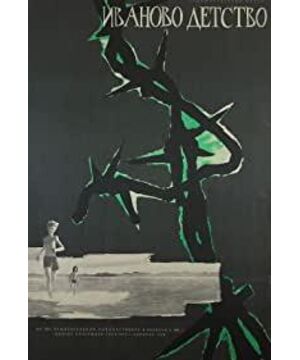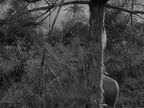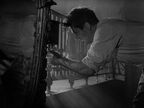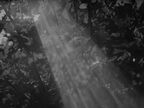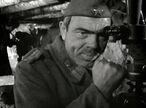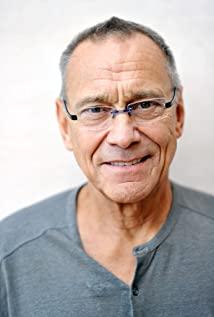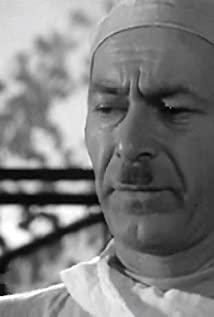The director devoted his own understanding of war and human nature to Ivan, using Ivan's dream and reality to present a realistic and symbolic war experience, giving the film a certain degree of philosophical discussion.
Ivan's Childhood evaluation action
The director devoted his own understanding of war and human nature to Ivan, using Ivan's dream and reality to present a realistic and symbolic war experience, giving the film a certain degree of philosophical discussion.
-
Kayli 2022-04-23 07:03:27
Before Laota did not form his own poetic feeling in the early days, it was not much different from the ordinary poetic films of the Soviet Union. The film shows a lot of his novel design, but the entire visual element arrangement is not much different from the Soviet war film of the first thaw. Re-view evaluation is basically unchanged. My favorite self-inflicted work of that cinematic movement turned out to be the Soldier's Song (if it had a better start). In fact, the pathetic sound design at the end and the hardcore poetry don't feel good together, it's better to have a suggestive shot that allows us to follow the protagonist's conscious activity (similar to Visconti) but This can't be regarded as the work of the old tower, right? His authorship is gone.
-
Mabelle 2022-03-14 14:12:24
8.0 Almost crying, Ivan fell asleep in the darkness of a deep well, and Ivan and his mother in the dream looked at themselves in the light of the well. Throughout the story, the old tower emphasizes the opposition between war and nature (using dreams as the carrier), but in these surreal scenes, dreams are the expansion of the real space, and the two are separated by only one water surface in the same dimension.
-
Ivan's Mother: If a well is really deep, you can see a star down there even in the middle of a sunny day.
-
Ivan: Is he a Fritz too?
Galtsev: He's either a German doctor or writer.
Ivan: They have no writers. I saw them burning books in a square. They poured gasoline on them and set them on fire. There was soot in the air for a week.
Galtsev: That writer lived 400 years ago.
Ivan: Well, then maybe.


